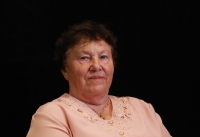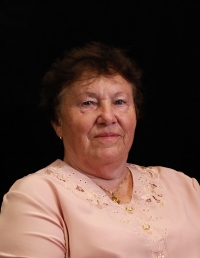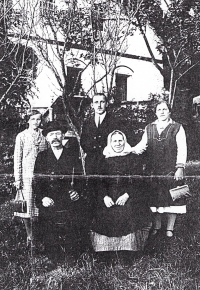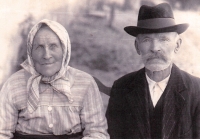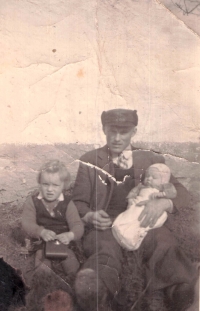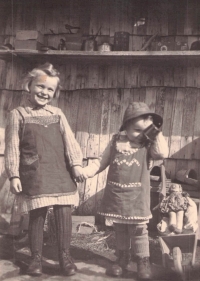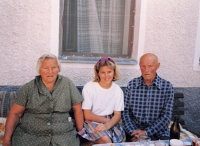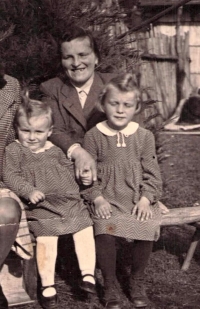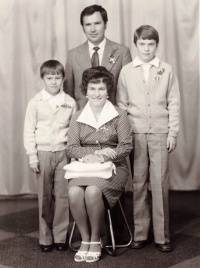War is never fair
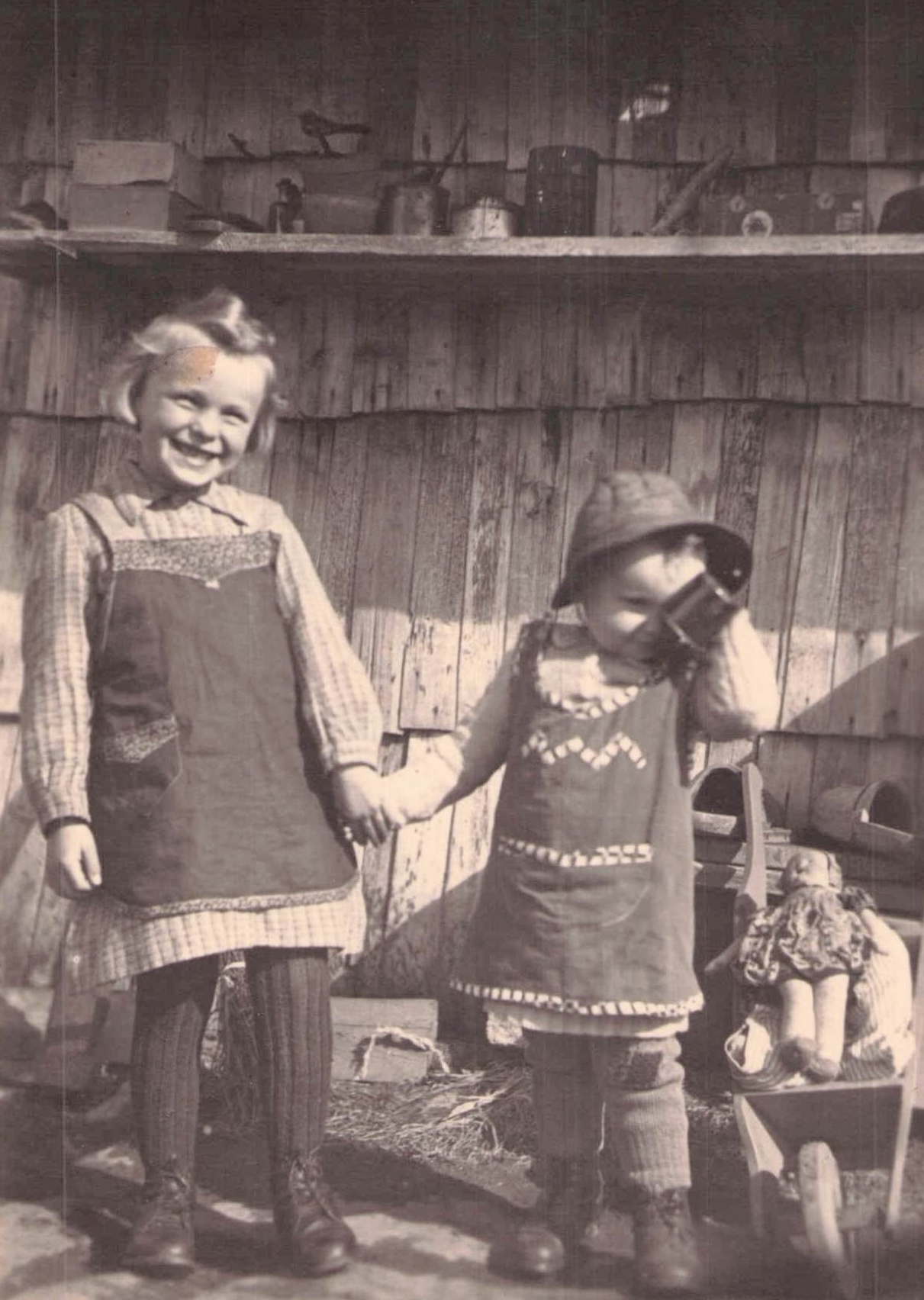
Download image
Anita Štěpánková, born Králová, was born on December 25, 1944 in the village Loutka, Reith in German, in Pošumaví region, South Bohemia. The village no longer exists today, it was flattened to the ground as a result of the creation of the proving ground of Boletice. She came from a mixed family, her father Eduard Král was Czech, her mother Hermina, née Stropková, had German nationality. Hermina inherited the farm from her parents, the family lived there. After the war, it was confiscated by the state on the basis of Beneš decrees, and the Král family moved to Bližší Lhota near Horní Planá, where they bought a poorer house and land for farming. In 1955, her father Eduard Král was sentenced to five months in prison in a Kangaroo court for listening to Western radio. The house in Bližší Lhota fell into the flood zone of the newly built Lipno dam, and the Král family had to leave. They moved to Horní Planá. The parents of the witness resisted collectivization. After graduating from primary school, Anita was not allowed to continue her studies. She worked as a temporary worker in the forest and as a worker in dairies. In 1963, she married Miloš Štěpánek, then two sons were born one shortly after the other. After maternity leave, she started working as a nurse in a creche and completed her distance learning medical school. In 2021, Anita Štěpánková lived in Horní Planá.
